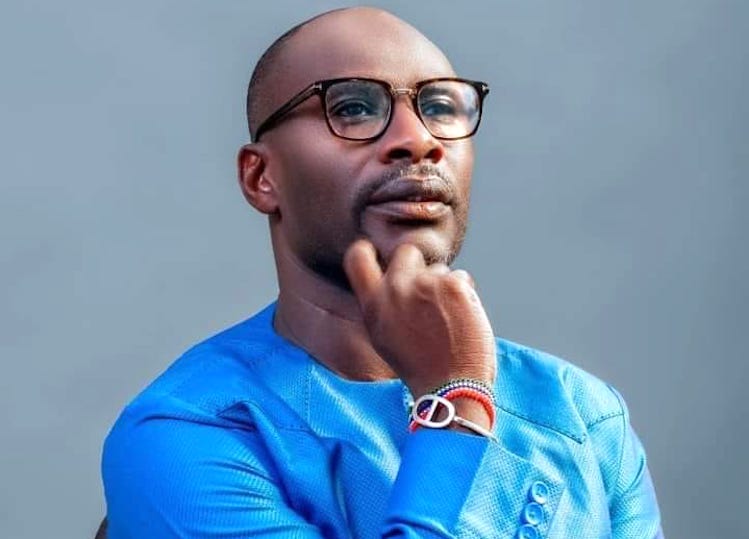Gambiaj.com – (BANJUL, The Gambia) – Former TRRC Lead Counsel Essa Mbye Faal has vehemently refuted allegations of impropriety and addressed criticisms regarding his professional career, particularly dismantling the misconceptions surrounding his involvement in the early days of Yahya Jammeh’s regime. He used precise chronology and legal principles to set the record straight during a fiery interview on West Coast Radio’s “Coffee Time with Peter Gomez.”
Faal directly confronted the claim that he contributed to drafting draconian decrees under the nascent Jammeh junta, labeling such accusations “utter nonsense.”
He anchored his defense in a precise timeline: “The coup happened in July. My bar final results came out on the next Monday. That was around the 24th or 25th of July. My bar final results came out.” He emphasized his status as a newly qualified lawyer, stating, “I was called to the bar in August of 1994. How could I have been the author of the decrees?”
He further illustrated his position by detailing his immediate post-qualification employment. “By then I was already working at AG Chambers. Not as a lawyer, but because I was bonded. So straight out of law school, we have to now report to AG Chambers.”
He clarified that this was a mandatory service due to government sponsorship of his education, not a position of influence where he could draft decrees.
Faal then provided a chronological breakdown of his early career to further dispel the allegations. “I worked at the AG Chambers from 1994 to 1995. Then I had a scholarship to go and do a master’s. So I wasn’t there for the rest of 1995 and all of 1996 because I did a master’s degree in legislative drafting and public law.”
He clarified that upon his return, he became acting parliamentary counsel, a role that likely fueled the misconception, as decrees had ceased with the 1997 constitution. “So because of that position, they thought I drafted decrees, but decrees had stopped with the ushering of the 1997 Constitution.”
He also addressed the claim that he sought a military position. “Jammeh refused to let me go and do my master’s. I heard somebody lying, saying that I was forcing, I was hustling to go into the army. I tried to negotiate to be given captain and things like that. That is far from the truth.”
He stated that it was Jammeh who wanted him transferred to the army, not the other way around. “Jammeh hassled Hawa Ceesay Sabally to move me to the army and to move Aladji Marong to the police… They offered me everything up to the rank of major. I refused.”
Faal used legal principles to rebut the criticisms of his international legal work. He asserted that he represented clients based on the principle of legal representation, referencing the “Cabine principle,” which dictates a lawyer’s duty to represent those accused of crimes.
He pointed to the precedent of prominent Gambian lawyer Ousainou Darboe, who represented individuals accused of treason in 1981, as a legitimate and necessary legal practice.
When addressing his representation of Charles Taylor, Faal clarified that he was engaged after Taylor’s conviction and appeal to investigate and potentially challenge his conviction. Contrary to the impression that Taylor was convicted for crimes in Liberia, Faal stated, “Charles was investigated and prosecuted for crimes committed by the RUF in Sierra Leone.”
He further contextualized this by drawing a parallel to the actions of other nations, asking, “Isn’t that what America does on a daily basis? Isn’t that what all these Western powers do? Wasn’t that what brought Charles Taylor to become head of state of Liberia?”
Regarding Saif al-Islam Gaddafi, Faal invoked the legal principle of “double jeopardy” to explain his representation. “Gaddafi was convicted in Libya for the same and sentenced to death for the same crimes with which he was charged at the ICC… There’s a law that you cannot be prosecuted twice for the same crime.”
He stated that he represented Gaddafi in an appeal against his ICC indictment based on this principle, and like the Taylor case, his work was pro bono.
Faal attributed the persistent criticisms to “ignorance” and “deliberate lies,” lamenting the “rotten” state of some aspects of Gambian society where unfounded accusations are readily disseminated. He stood firm on his professional conduct and his commitment to both international law and his political aspirations for The Gambia.










